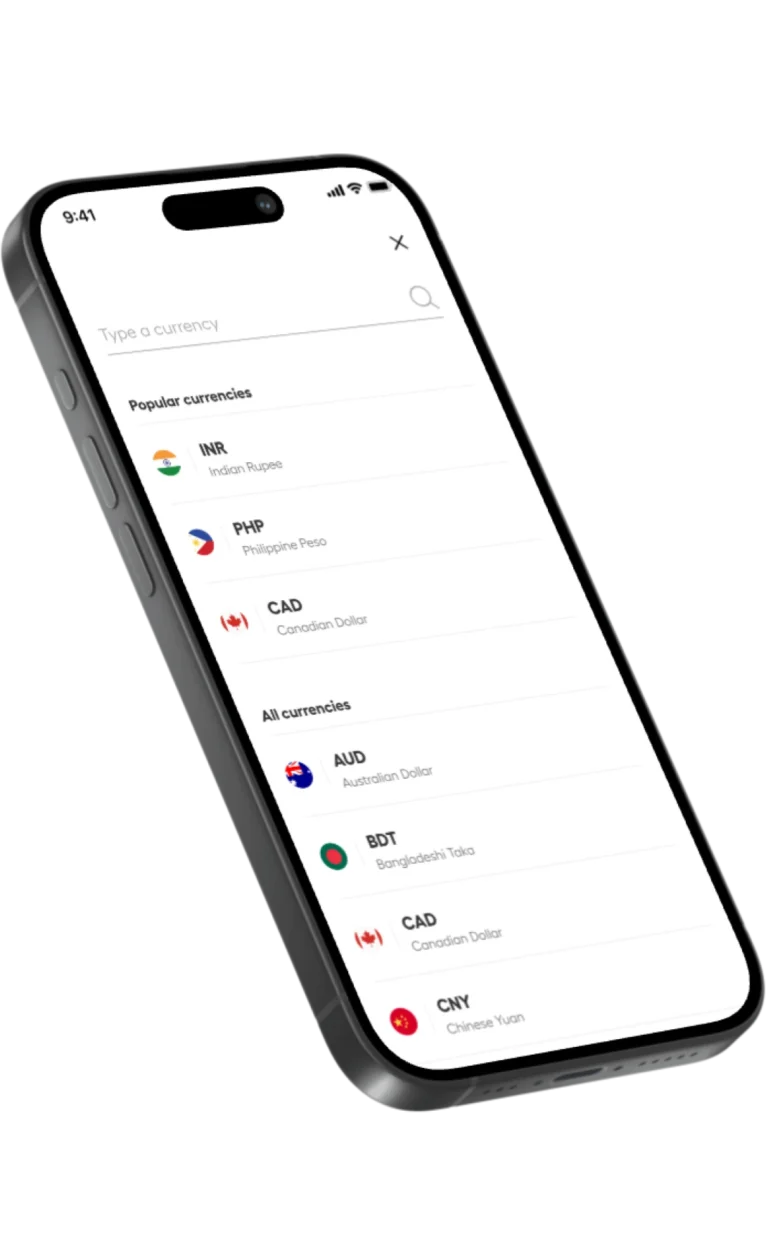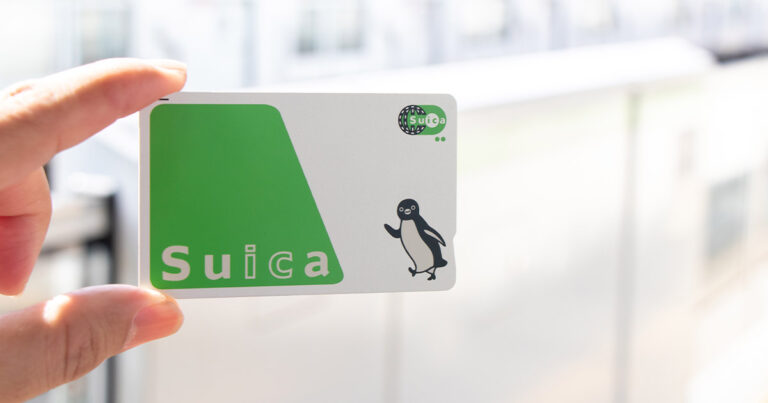
4.4/5 – Excellent. From 8,000+ reviews
International money transfers

Enjoy a special FX rate and zero fees on your first transfer. T&Cs apply Sign up today!
Payment by
Our fees USD 4.5 Fees and exchange rates vary by sending amount, currency, payment method and receiving country. Please change these parameters to view the applicable fees.
First time rate Enjoy this special rate and zero fees on your transfer now. Act fast, offer ends soon!
Special rates and zero fees are valid for new customers on their first transfer up to USD 500.
Looking to send more than USD 20,000? Register your interest now to enjoy exclusive rates.
Why Instarem?
Everybody has their thing. Ours is helping you transfer money internationally from United States of America with the least amount of fuss. We are not your average money transfer provider. Our technology is smarter, faster, and more reliable. You can call it hassle-free. We call it Money Simple.
Fast
Usually within 1-2 business days*
Low-cost
Competitive exchange rates and low fees
Safe
Licensed and regulated in 11 countries
Transparent
All costs are upfront, no hidden charges
Rewarding
Earn rewards on every transaction
Fast and secure
international transfers


Earn rewards with every transfer
What our customers say
Money transfers at your fingertips

Send money to over 60 countries hassle-free and stay in the know with real-time tracking.

Rack up loyalty points with every transfer and level up your next one for an even sweeter deal.

Never miss a great rate! Set up rate alerts to seize favourable opportunities and get more value for your money.

Ready to get started?
Looking for an easy global payment solution for your business?
We provide fast and cost-effective international payments for all your business needs. With us, you can focus on what truly matters.




























